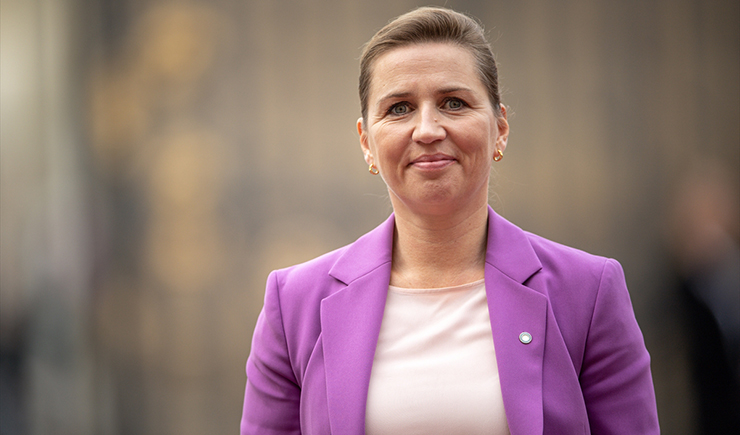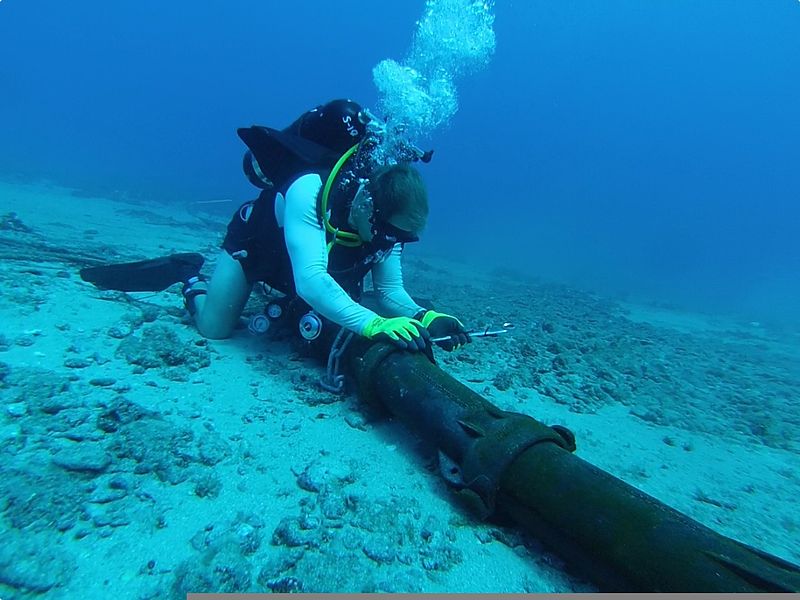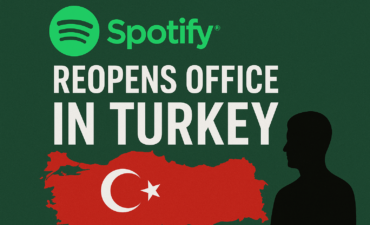This week’s stories are about tech, AI and sustainability, coming from Denmark, Taiwan and the USA
1-Denmark plans social media ban for users under 15
Denmark plans to ban social media use for children under 15, Prime Minister Mette Frederiksen said, warning that digital platforms are “stealing our children’s childhood.”
Speaking at the opening of Parliament, Frederiksen told the government will propose legislation prohibiting social media for users under 15, while allowing parents to grant permission for limited use starting at age 13.
“We said yes to mobile phones so our children could call home and talk to their friends,” she explained lawmakers. “But the reality is we’ve unleashed a monster. Never before have so many young people suffered from anxiety and depression.”
I saw this story at CNN.com and Frederiksen underlined the constant presence of smartphones has affected children’s ability to focus and read, exposing them to harmful online content. She cited data suggesting that 60% of Danish boys aged 11 to 19 do not see friends in person during a typical week, though she did not specify the source, according to the story.
“Do you think that number would be so high if it weren’t for smartphones?” she asked. “Mobile phones and social media are stealing our children’s childhood.”
Denmark joins a growing number of countries seeking to limit children’s exposure to social media. Let me emphasize that Australia passed a law last year banning platforms for users under 16, requiring tech companies to take steps to block underage access or face fines of up to 50 million Australian dollars ($33 million). As a side note, In Norway, Prime Minister Jonas Gahr Støre has also proposed banning social media for users under 15, launching a public consultation on the issue earlier this year.
(Photo: Mette Frederiksen, The Prime Minister of Denmark)

2-Global financial institutions warn of growing risk of an AI bubble
Global financial leaders are raising alarms over a potential artificial intelligence (AI) investment bubble, as tech stocks surge to record highs amid mounting concerns that the boom could end in a sharp market correction.
I read this story at Associated Press and The Bank of England warned that stock prices driven by AI optimism appear “stretched,” signaling that the risk of a sudden downturn in financial markets has increased.
Economists are increasingly questioning whether the rapid growth in tech valuations mirrors the dot-com bubble of the early 2000s. Adam Slater, Chief Economist at Oxford Economics, said several warning signs are emerging — including soaring valuations, heavy concentration of tech firms in major stock indexes, and “a general sense of extreme optimism” despite major uncertainties about AI’s true economic impact, according to the story.
While some analysts predict AI could spark productivity gains unseen since postwar Europe, others, such as MIT Economist Daron Acemoglu, forecast only modest growth of around 0.7% over a decade.
Despite these warnings, tech leaders say the current AI wave is different. Amazon Founder Jeff Bezos described it as an “industrial bubble,” arguing that even if it bursts, it will ultimately benefit society through innovation — much like the biotech boom of the 1990s.
OpenAI CEO Sam Altman similarly acknowledged that some investors may make “dumb capital allocations,” but said he remains confident in AI’s long-term potential to fuel economic growth and creativity.
Nvidia CEO Jensen Huang told CNBC that while OpenAI may not yet have the funds to purchase more chips, its revenues are “growing exponentially” as AI systems become more capable and commercially viable.

3-Meta to build high-capacity submarine cable in Taiwan
Meta Platforms, the parent company of Facebook and Instagram, announced it will partner with leading telecommunications firms in the Asia-Pacific to build a new submarine cable aimed at boosting internet connectivity across Taiwan and five other countries by 2028.
I saw this story at Taipei Times and the 8,000-kilometer-long cable, named Candle, will have a capacity of 570 terabits per second (Tbps), making it the largest-capacity submarine cable system in the Asia-Pacific region, Meta said. The project will link Taiwan, Japan, the Philippines, Indonesia, Malaysia, and Singapore — home to more than 580 million people. (By the way I have a story here about a penalty against Facebook in Türkiye)
Candle will use advanced 24-fiber-pair technology, delivering bandwidth comparable to Meta’s Anjana cable, which connects Myrtle Beach, South Carolina, to Santander, Spain.
“The Asia-Pacific region is home to over 58 percent of the world’s internet users, many of whom depend on strong global infrastructure for online connectivity and access to emerging technologies such as artificial intelligence,” Meta announced in a statement.
The new system forms part of Meta’s Project Waterworth, which aims to establish undersea cable connections spanning five continents by the end of the decade.
Meta currently operates three other cables in the Asia-Pacific — Apricot, Bifrost, and Echo. Apricot, a 12,000km system linking Taiwan, Japan, and Guam with future extensions to the Philippines, Indonesia, and Singapore, provides 290Tbps of capacity and complements the Bifrost and Echo routes, the story noted. In 2021, Meta and its partners pledged to boost transpacific data capacity by 70% through the construction of Bifrost and Echo, per the story.









